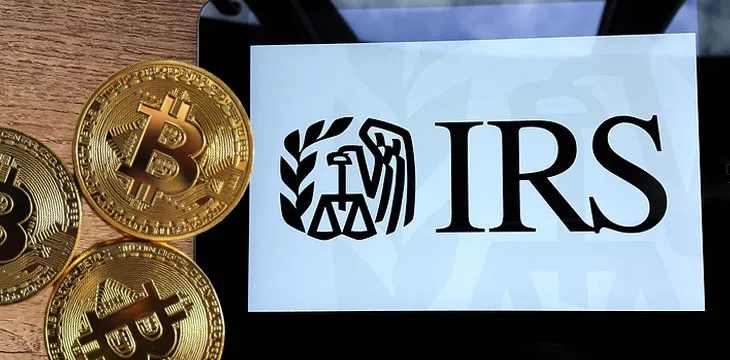|
Getting your Trinity Audio player ready...
|
The U.S. Internal Revenue Service (IRS) has offered clarification on the rules around declaring digital currency activity in new guidance published this week, ahead of publishing its new draft 1040 federal income tax form.
The U.S. tax authority issued the guidance around which individuals should declare digital currency activity to them, after previously revealing it would begin asking taxpayers to say whether they had “acquire[d] any financial interest in any virtual currency.”
Taxpayers will be expected to declare financial interests in the event they have sold digital currency in any amount, exchanged cryptocurrency for any goods or services, or used digital currency to buy assets including other digital currencies.
Taxpayers will also be expected to tick “yes” on the form if they have received any free digital currency, whether by hard forks or airdrops, or through other means.
However, there is no need to declare digital currency interests where taxpayers simply hold Bitcoin in wallets through the tax year, or where they simply move digital currency from one wallet to another during the period.
The draft form and guidance is expected to be rolled out in current form, pending any new legislation in the interim or any “unexpected issues” that arise over the coming months.
The clarification from the IRS will be broadly welcomed by those dealing in digital currency in the United States, after coming in for extensive criticism for its lack of guidance on what is expected of taxpayers.
Despite the lack of guidance, the IRS has previously engaged in sending so-called ‘soft letters’ to taxpayers demanding information to ascertain whether individuals have paid too little or incorrect tax on their digital currency dealings.
With greater certainty around the new form, the IRS expects to find it easier to collect taxes on digital currency transactions. Meanwhile, individuals will now have more direction as to when they are expected to declare their digital currency interests to the authorities.
See also: U.S. Rep. Darren Soto’s keynote talk at CoinGeek Live on Balancing Innovation & Regulation for Growth of Blockchain Technology

 07-04-2025
07-04-2025 





